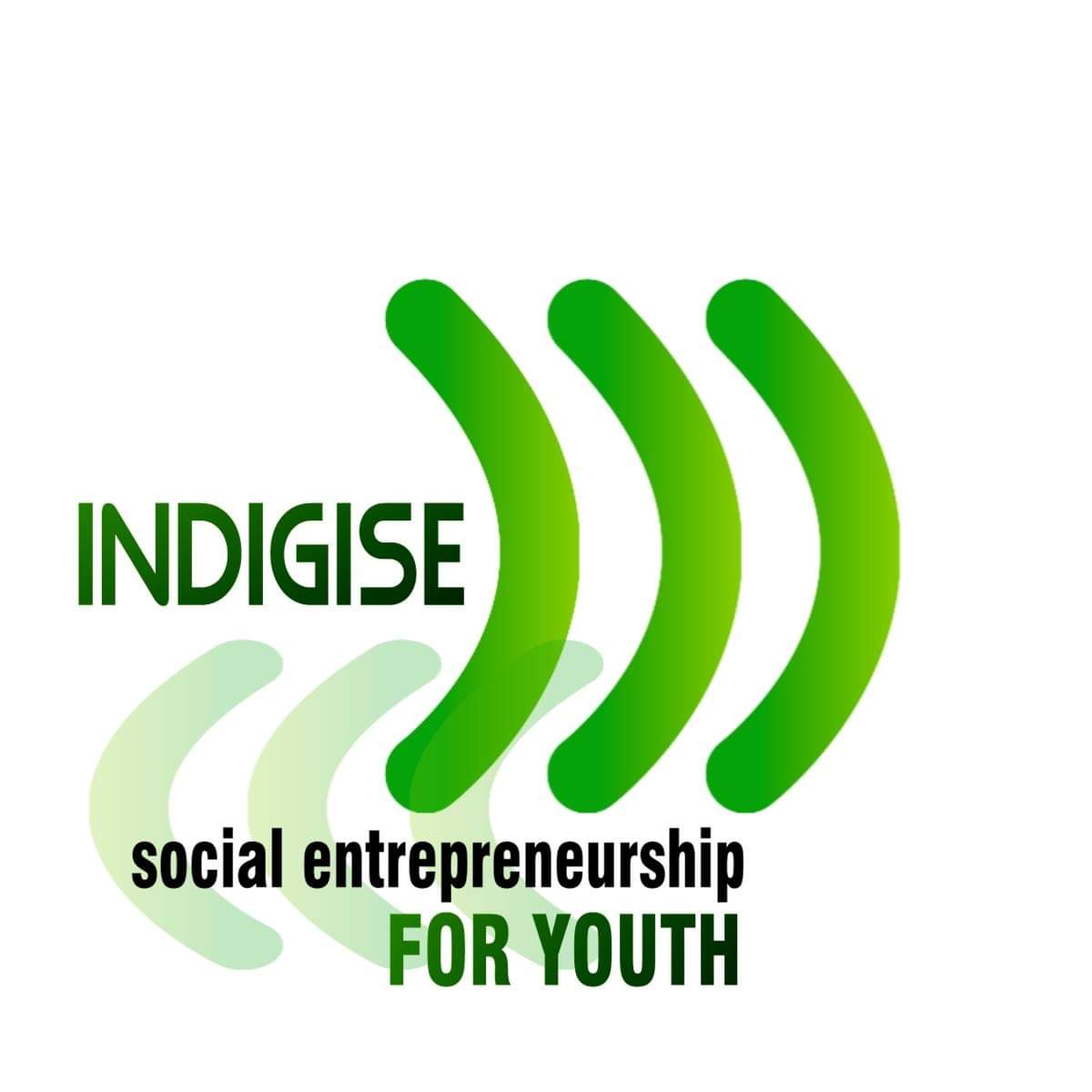The beginning of 21st century has marked the significance of Social Innovation development for tackling social, political, economic and environmental challenges. The next decade, according to Frost and Sullivan
(The Whitepaper Social Innovation to answer Societal Challenges., 2014), will be characterized by ‘the need to harmonize multiple types of innovation to address complex and interlinked global societal challenges’ and in this sense, the notion of ‘convergence’ regarding social innovation becomes crucial.
The report ‘SOCIAL INNOVATION TRENDS 2020-2030. THE NEXT DECADE OF SOCIAL INNOVATION’, prepared by Social Innovation Academy, analyses the bunch of research papers and initiatives of European and global actors, that has shaped the state-of-art and are considered as transformation drivers towards more innovative, effective, creative and collaborative societies. A number of publications on social innovation and the website materials provided by the European social innovators were used in analysis to identify the core trends.
The authors identify the pressing issue of the ageing population and offer to rethink how to improve social systems around the globe and make them more inclusive and equalitarian, in accordance with 17 Sustainable Development Goals. The key focus is not centered on how to encourage more innovation in more places, but rather which kinds of innovation should be encouraged while at the same time discouraging harmful innovation. The future of social innovation will definitely be focused on the issues of:
- Urbanization, enhance the development of innovative labs and spaces for experimentation;
- Migration, encouraging the design of efficient cultural and social integration;
- Education, facilitating social innovation participatory learning among experts in education, practitioners, researchers and policy-makers;
- Climate change, combatting negative effect of fossil fuels and plastic pollution;
- Technological development, exploring the ways to strengthen open and collaborative societies;
- Circular economy, looking for new ways to minimize the pressure on ecosystems;
- Future of work, exploring new needs and abilities of societies to adapt to them;
- Social Impact, fostering the social value and facilitating new ways of impact measurement;
- Democracy, improving institutional trust, civic participation and inclusion;
- Gender, working on awareness-raising, coalition building and advocacy for poverty reduction and human development;
- Health, looking for efficient ways to tackle global pandemics and other challenges.
Download ‘SOCIAL INNOVATION TRENDS 2020-2030. THE NEXT DECADE OF SOCIAL INNOVATION’ and explore more!
More references to social innovation trends:
- Social Innovation. How Societies Find the Power to Change
- Innovation Trends Report published by Stanford University
- Vision and Trends of Social Innovation for Europe
- Atlas of Social Innovation: 2nd Volume
- Social Innovation as a Trigger for Transformations


This publication has been prepared within INDIGISE project. The content of this publication is the sole responsibility of the project coordinator and may not always reflect the views of the European Commission or the National Agency.
















Leave A Comment